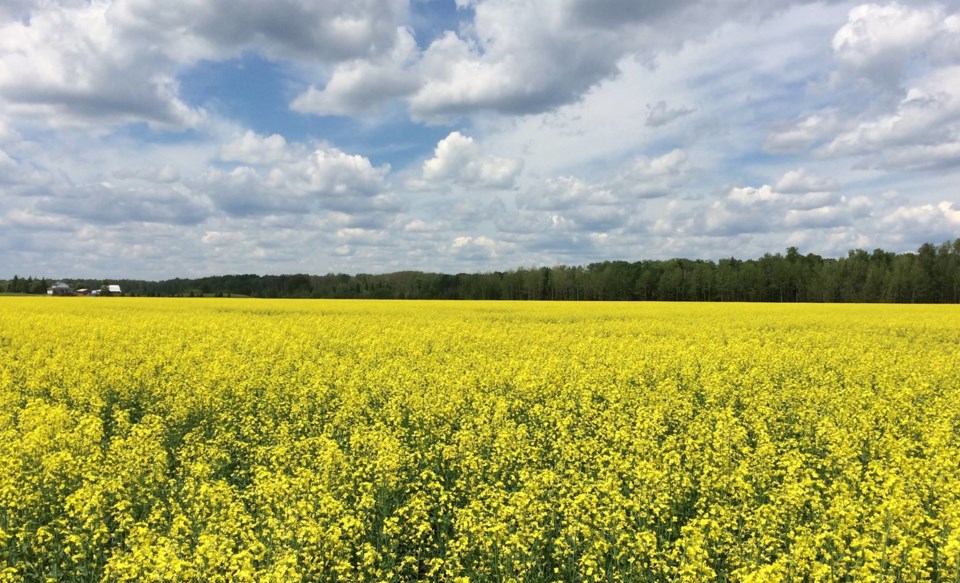Interest rates and lower commodity prices dampened interest in Ontario farmland.
Nevertheless, Farm Credit Canada (FCC) said average values for cultivated farmland in Ontario increased by 10.7 per cent in 2023, on the heels of increases of 19.4 per cent in 2022 and 22.2 per cent in 2021.
FCC, Canada’s leading agriculture and food lender, released its annual Farmland Values Report on March 12.
On cultivated land in Northern Ontario, farmland values increased by 8.9 per cent. The average value per acre was $4,800, but values varied widely across the expansion of this region, ranging between $1,000 and $9,500 an acre.
The report said this increase appeared larger than it was because of the low price per acre in this region. In the Thunder Bay area, there were a limited number of sales.
Overall, real estate professionals polled reported fewer bidders on available properties.
However, good land situated close to established operations sold quickly. Marginal land stayed on the market much longer. Demand came a combination of large intensive, supply-managed farm operations, cash crop producers, part-time farmers and investors.
The average value of Canadian farmland continued its steady climb in 2023, increasing by 11.5 per cent, slightly less than the 12.8 per cent increase reported in 2022.
"Farmland prices have continued to increase at a rapid pace over the last couple of years, even when economic conditions suggested the growth should slow," said J.P. Gervais, FCC's chief economist, in a news release. "A limited supply of available farmland combined with a robust demand from farm operations is driving that growth."
The highest average provincial increases in farmland values were seen in Saskatchewan, Quebec, Manitoba and Ontario, with double-digit average increases of 15.7, 13.3, 11.1 and 10.7 per cent, respectively.
Four provinces had single-digit average increases and were below the national average at 7.8 per cent in Nova Scotia, 7.4 per cent in Prince Edward Island, 6.5 per cent in Alberta and 5.6 per cent in New Brunswick.
British Columbia recorded an average decline of 3.1 per cent, yet the province has the highest farmland values on average.
The FCC said there were an insufficient number of publicly reported sales in Newfoundland and Labrador, Northwest Territories, Nunavut and Yukon to fully assess farmland value trends in those regions.
"The land market has shown to be very resilient," said Gervais. "Purchasing land in the year ahead will come with careful consideration of the price and timing. Some operations will prefer to wait and see where land values will settle while others may move more quickly should adjacent land become available, or simply because it fits their strategic business plans."
